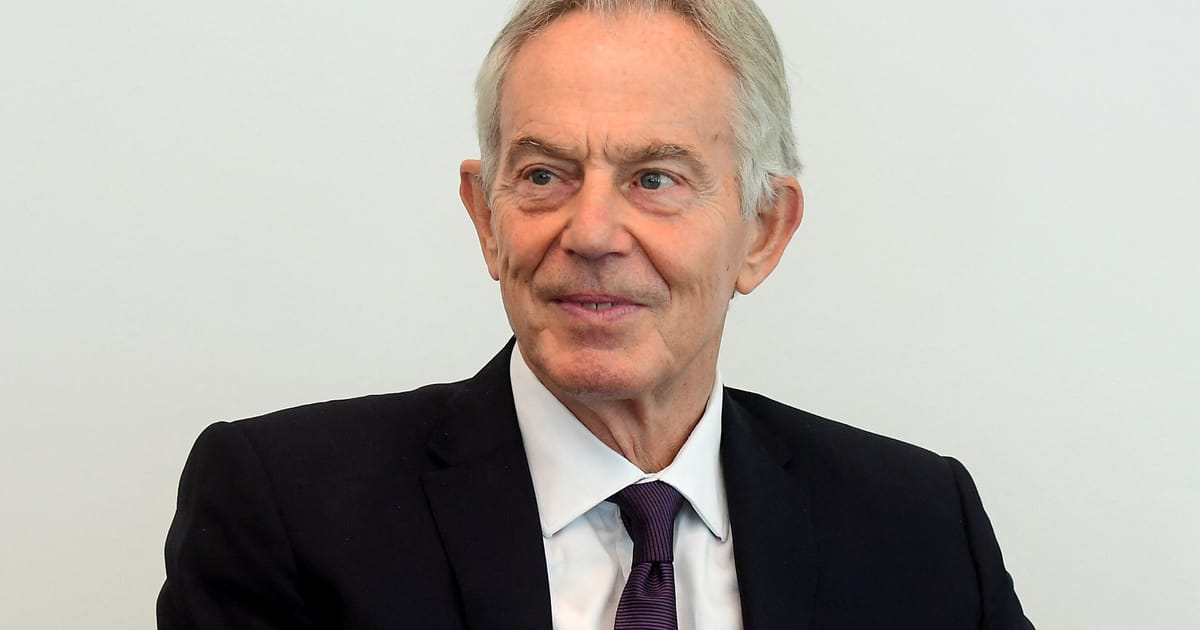The U.K. has made the rollout of SAF central to hitting climate targets while expanding airport capacity.
It is the third intervention on U.K. net-zero policy from the former prime minister this year.
Earlier this month, the TBI urged Energy Secretary Ed Miliband to drop his pursuit of a clean power system by 2030 and focus instead on reducing domestic bills. This followed a report in April claiming the government’s approach to net zero was “doomed to fail” — something which caused annoyance at the top of the government and “pissed off” Labour campaigners then door-knocking ahead of local elections.
Aviation contributed seven percent of the U.K.’s annual greenhouse gas emissions in 2022, equivalent to around 29.6 million tons of CO2. The Climate Change Committee estimates that will rise to 11 percent by the end of the decade and 16 percent by 2035.
SAFs can be produced from oil and feedstocks and blended with traditional fuels to reduce emissions. The U.K. government’s SAF mandate targets its use in 40 percent of jet fuels by 2040 — up from two percent in 2025.
Chancellor Rachel Reeves said in January that U.K. investment in SAF production will help ensure planned airport expansion at Heathrow — announced as the government desperately pursues economic growth — does not break legally-binding limits on emissions.

